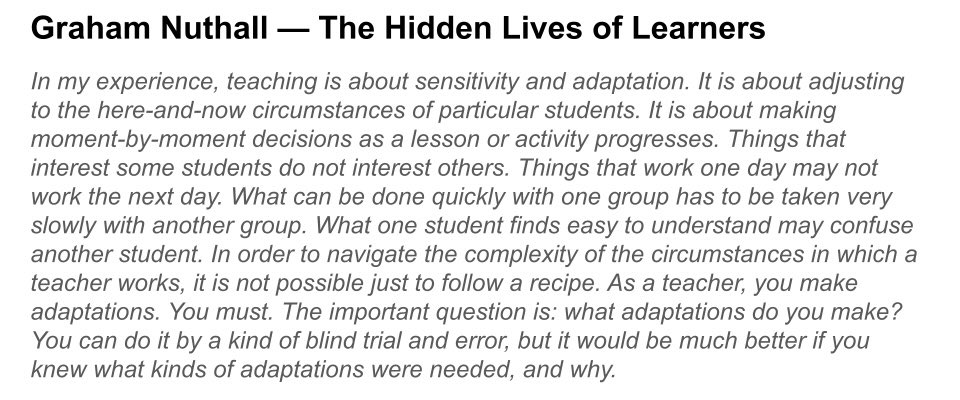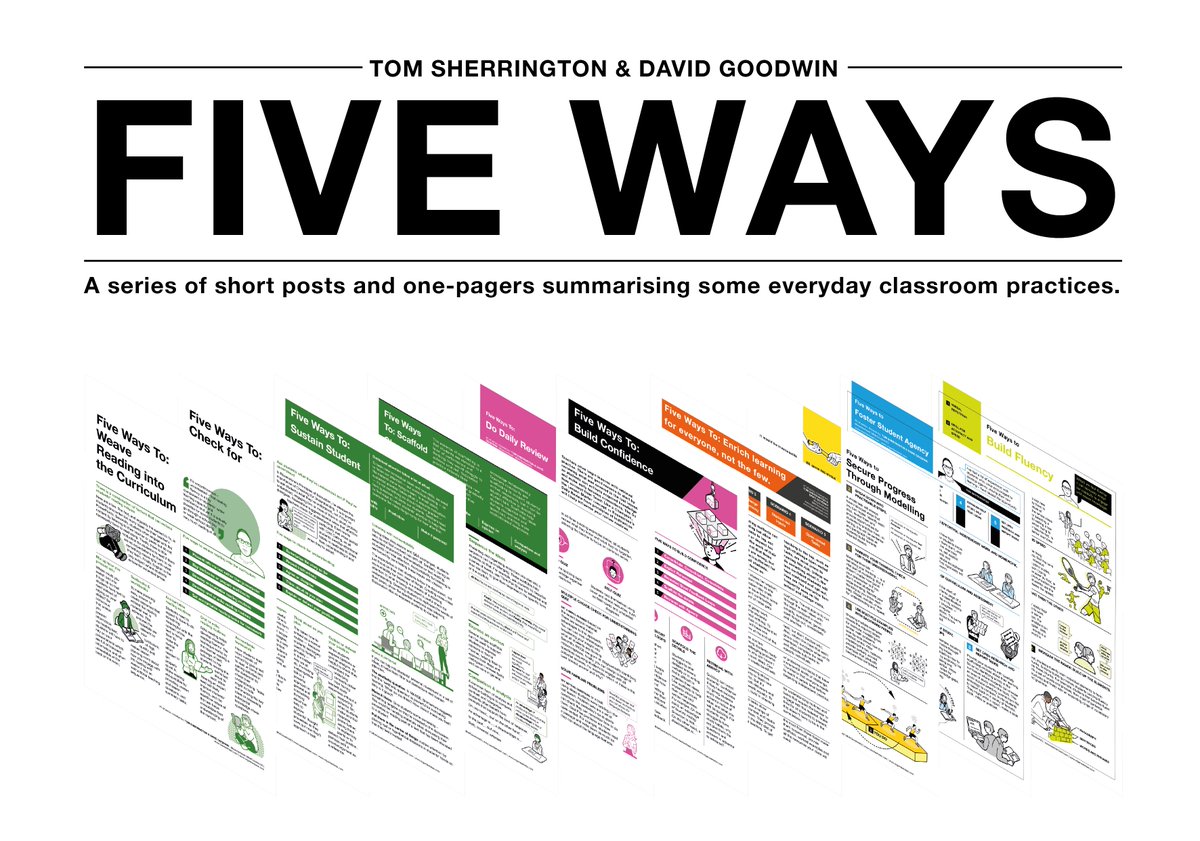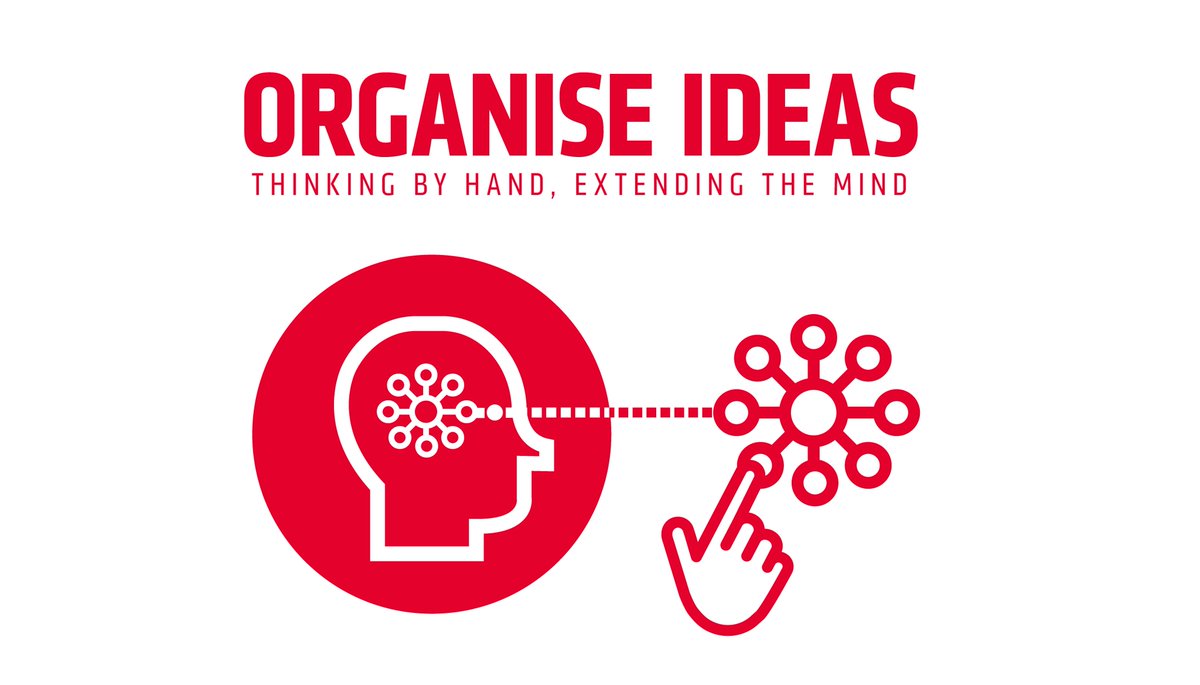Calling all #geographyteacher who preferably teach AQA (But doesn’t have to be). I want to work with a number of teachers to create a retrieval roulette for our subject like that of @adamboxer1 and the science community.
My initial thoughts are that quiz questions are created for every topic of the gcse spec (simply because that is the minimum content we will all be teaching and will have in common). Each person interested could take one topic/unit and create the relevant questions
And then all qs collated on 1 spreadsheet for our use. Depending on interest we could create more than one roulette - for individual specs etc. great way to share expertise and the workload. If interested please fill in your details on this google sheet
docs.google.com/spreadsheets/d…
docs.google.com/spreadsheets/d…
@EnserMark @ThatBenRanson @m_chiles @Re_Ferg @hannahsassoon @Geo_Jo26 @Geo_Dougie @kate_stockings @EduCaiti
Please RT and share even if not interested, others might be
Lots of RTs and likes - get signing up here:
docs.google.com/spreadsheets/d…
docs.google.com/spreadsheets/d…
@GeogMcLean
@goach_geogKBA @coatgal @BeingMissSpeed hi guys I need to message you regarding retrieval roulette, but it says you can not be messaged. Could you dm me so I can share further details?
• • •
Missing some Tweet in this thread? You can try to
force a refresh














